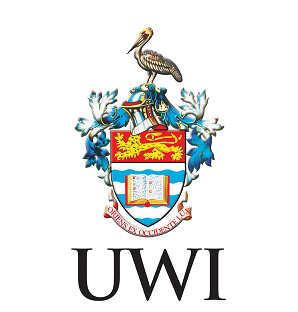
In an article published on November 10, 2023 in The New York Times titled “A Patois Revival: Jamaica Weighs Language Change as Ties to Britain Fray” several contrasting views on the official use of Patois were explored through different contextual lenses.
Jamaicans locally and from the diaspora are currently engaged in a spirited debate over the possibility of elevating Patois, also known as ‘Patwa’ or Jamaican Creole, to the status of an official language, alongside English. The discussions gain momentum as the nation moves forward with plans to sever its ties to the British monarchy and transition into a republic.
Historically stigmatized and misconceived as a derivative of English, Patois has long been recognized by linguists as a distinct language with its own grammar, pronunciation, and a rich vocabulary amalgamated from African, European, Amerindian and Asian languages, and many new formations or “Jamaicanisms”. The movement to grant official status to Patois is gaining traction, with advocates emphasizing the language's cultural significance and the need to break free from the remnants of colonial influence.
In offering insightful framing to the debate, Dr. Joseph Farquharson, Coordinator of The University of the West Indies’ Mona Campus-based Jamaican Language Unit said, “Because the language was created in the context of slavery, the tendency has been to reject it.”
Oneil Madden, multilingual educator in the Faculty of Humanities and Education at The UWI Mona, expressed the sentiment: "If there was ever a time to definitively change the status of Jamaican Creole, it is now."
As Jamaica plans for a constitutional overhaul and a potential referendum, the issue of linguistic sovereignty has sparked a political divide among Jamaica's top leaders. Opposition leader Mark Golding has pledged to make Jamaican an official language, citing its importance in showcasing the nation's unique culture globally. On the other hand, Prime Minister Andrew Holness, while supporting institutionalization, stops short of endorsing official status.
The proposed shift in language policy would not only resonate within Jamaica, the third-largest Anglophone country in the Americas, but also reverberate across the Caribbean and parts of Central and South America. The potential implications of adopting Patois as an official language extend beyond symbolism, with supporters arguing for practical advantages, such as enabling Jamaicans to conduct official business in their most widely spoken language.
Within the education system, proponents of making Jamaican an official language emphasise the importance of acknowledging Patois in early education, citing a 2021 report that found a significant portion of sixth graders struggling with English literacy.
However, the proposals face strong opposition, with critics expressing concerns about the potential costs and impracticality of implementing Patois as an official language. It is widely acknowledged that proficiency in English is crucial for international trade, tourism, and academic research. Grace Coston, former principal of one of Jamaica's top public secondary schools, explained, "This is about preparing students to thrive in both languages."
As the debate intensifies, Jamaica's linguistic evolution, rooted in its colonial history and connections to the slave trade, comes under scrutiny. Creole languages, including Patois, are seen as a product of colonial times, shaped by contact between the languages of the colonizers and the languages of their enslaved or otherwise disempowered subjects – which in the Caribbean primarily meant contact between Western European and West and West-Central African languages. The discussions around Patois reflect the complex interplay of historical, cultural, and social factors that have shaped Jamaica's linguistic landscape.
The decision on whether Patois will attain official status holds far-reaching implications, both symbolically and practically. As Jamaica stands at the crossroads of linguistic and cultural identity, the world watches closely, anticipating the outcome of this historic linguistic debate.

